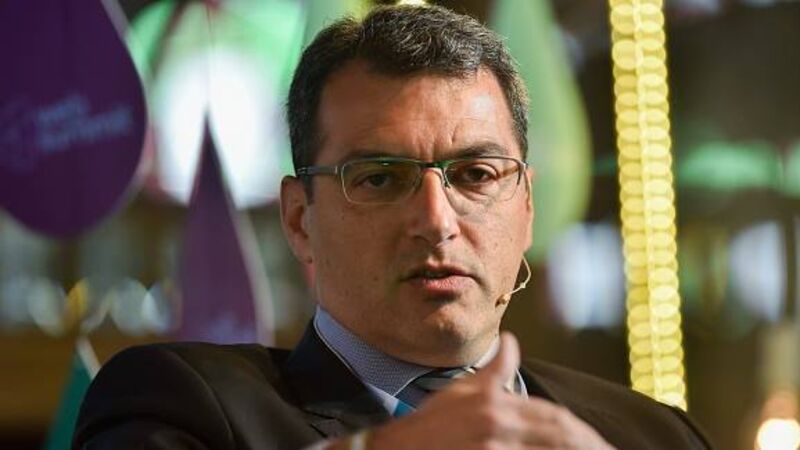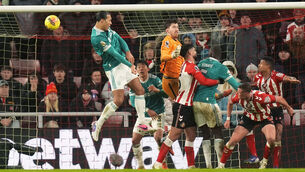Henderson signing cost me Liverpool job, says Comolli

Comolli was in Dublin yesterday as part of the Web Summit, and revealed how he got “so much criticism” for signing the England man.
Henderson moved to Liverpool in 2011 for £20 million, but failed to shine in his first season.














